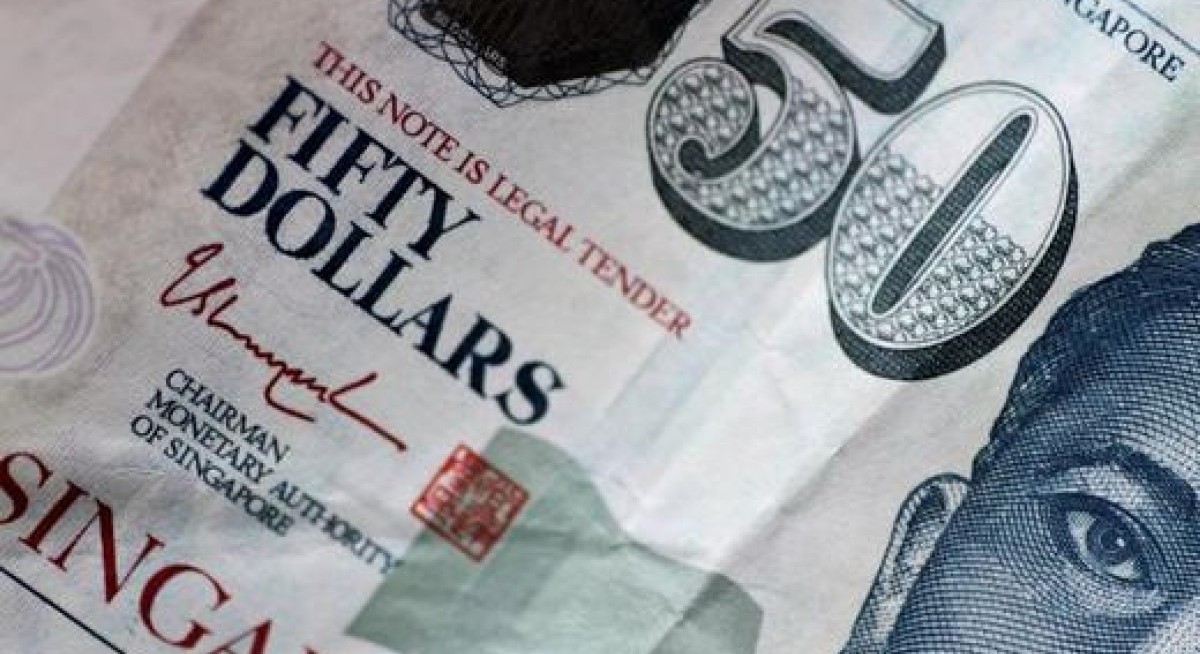“By this definition, Switzerland, Taiwan and Vietnam would have qualified, but instead they have been placed under a less onerous regime of “enhanced engagement”,” note CGS-CIMB economists Michelle Chia, Lim Yee Ping and Terence Lee. Since 1988, only three countries have been labelled currency manipulators - China, Japan and Taiwan.
“We believe that the outcome of the report reflects an attempt by the Biden administration to reset US FX agenda to a more transparent, fact-based approach while allowing a degree of flexibility for countries being monitored to cope with the effects of the Covid-19 pandemic,” Chia and team note in an April 19 economic note.
More so than the heavy-handed Trump administration, the CGS-CIMB team thinks the Biden administration approach tempers the more unpredictable and political tendencies of their predecessors. Small economies can therefore better argue their case in Washington, even as Biden and his team will maintain a “bias for correcting perceived trade and currency imbalances”.
See also: Yen carry trade a ‘ticking time bomb’, warns BCA Research
The team does not expect any country under its coverage to be labelled currency manipulators. Still, it warned that Thailand is perhaps under greater risk of scrutiny by the US than Singapore or Malaysia. This is due to Thailand’s large current account surplus and bilateral goods surplus with the US, the Baht’s relative undervaluation on a real effective basis, and regular FX intervention by the Bank of Thailand (1.9% of GDP) to prevent excessive Baht appreciation.
See also: Alphabet taps sterling, Swiss franc markets in mega debt deal
“While US policymakers may tolerate a transitory period of baht divergence – owing to the impact of Covid-19 and lower tourism receipts – failure to remedy the gap over the medium term could present a greater risk to Thailand,” warns Chia and team. In August to October 2020 and February to April 2021, the Baht depreciated more against the greenback than the Ringgit and Singapore Dollar.
For the Singapore Dollar and ringgit, US Dollar directionality has been the prime driver of currency fluctuations over the past two years vis-a-vis the Baht and the Indonesian Rupiah. In particular, correlations between the ringgit and the DXY index have risen significantly in 2019-2021 relative to 2017-2018. US economic recovery and fiscal and monetary policy are therefore seen as important influences of future currency movements.
“The ringgit and Singapore dollar also tend to move in tandem with the Chinese yuan, and remain at risk of getting caught in the crosshairs should latent US-China trade frictions re- emerge. Commodity price swings have also been mild determinants, particularly higher oil prices correlating with a stronger rupiah, ringgit and Singapore Dollar,” say Chia and team.




